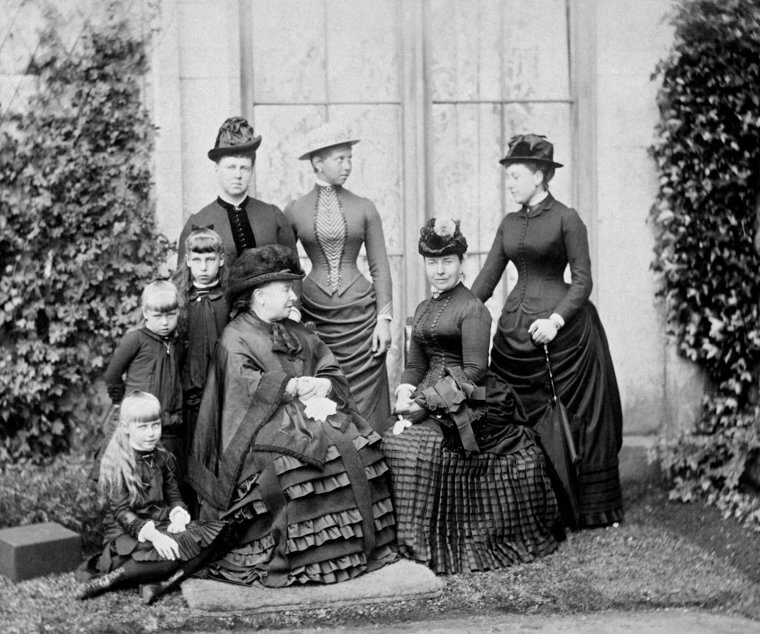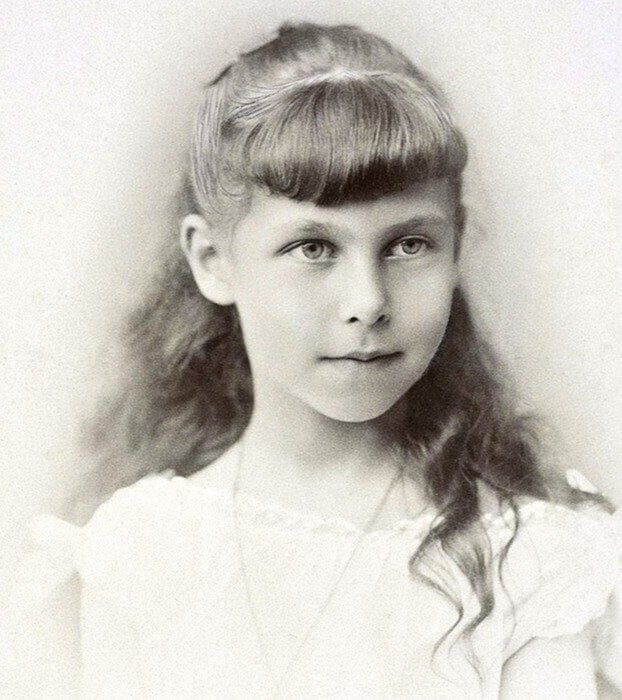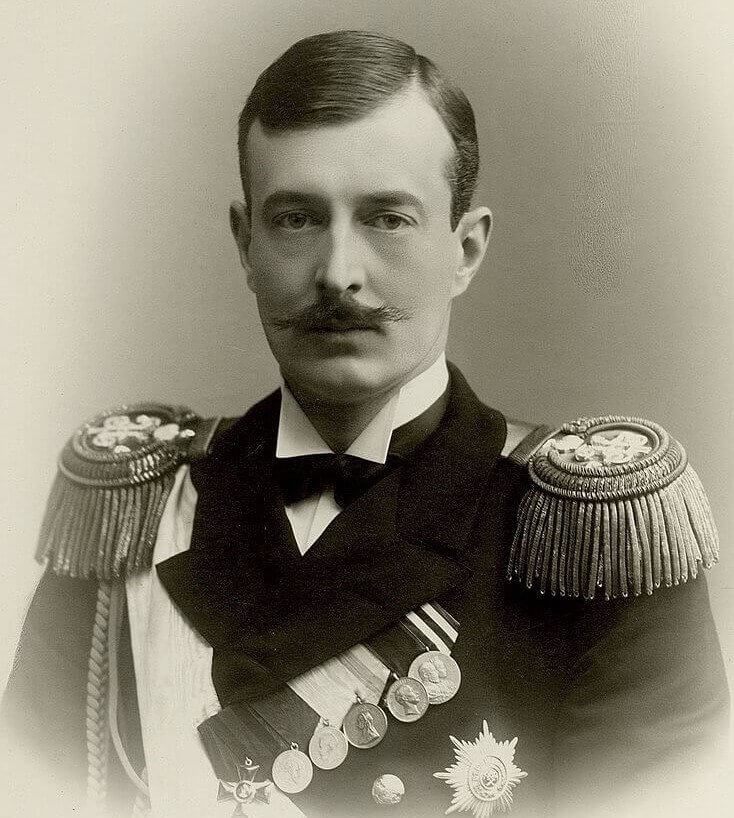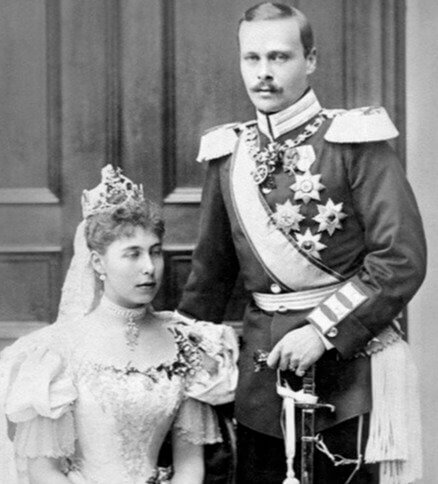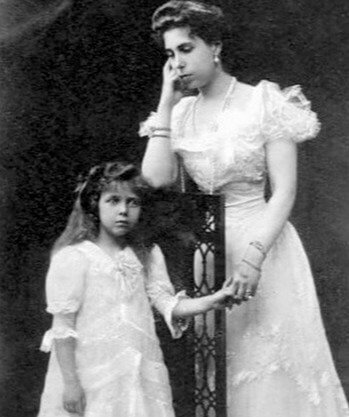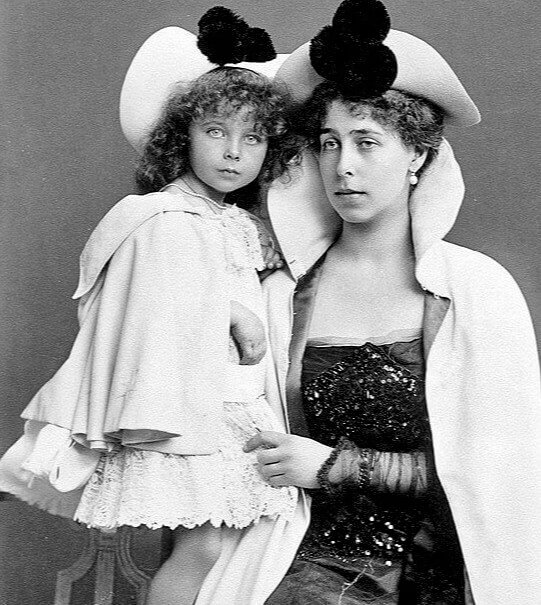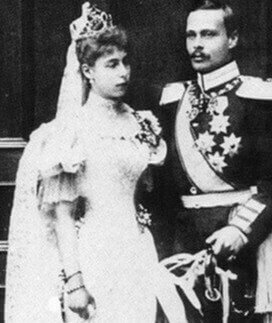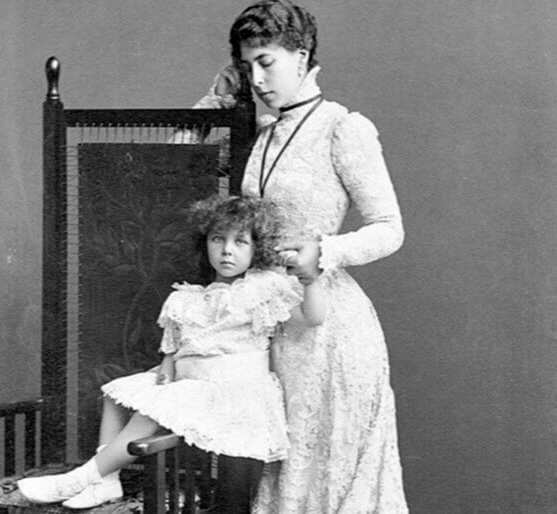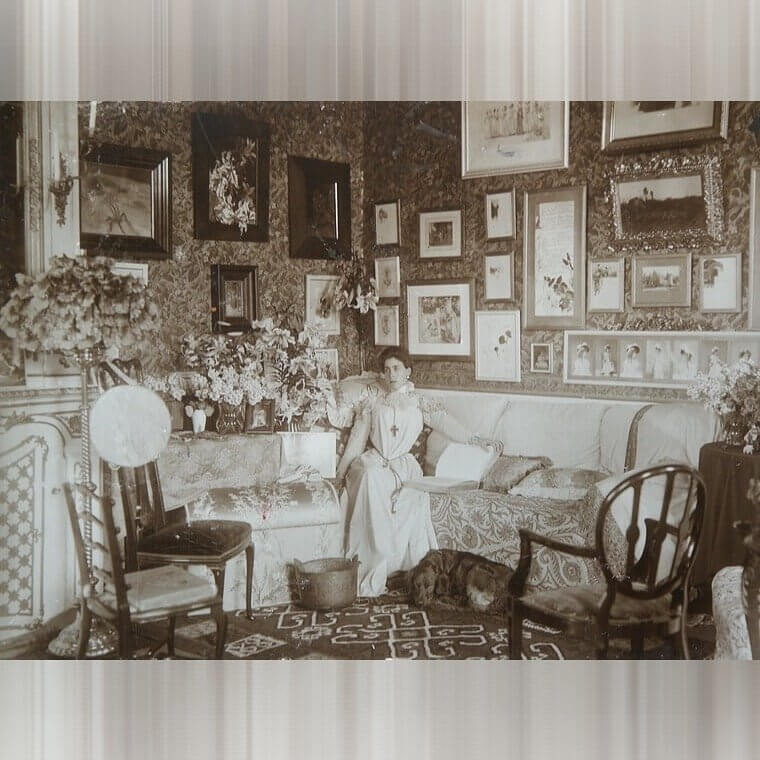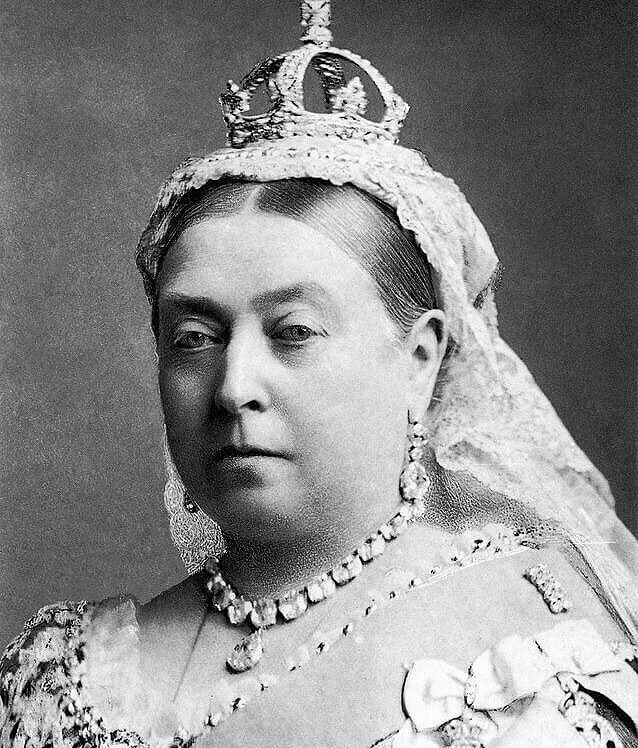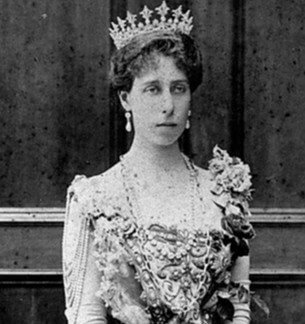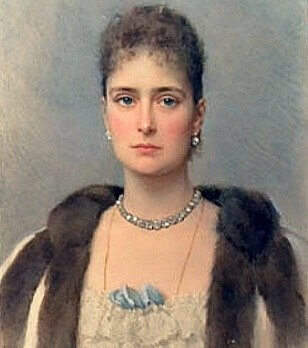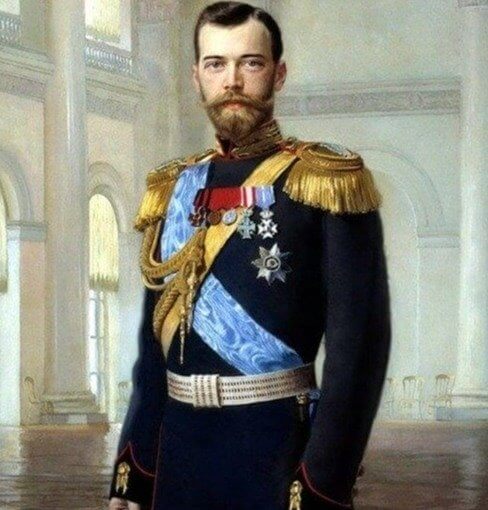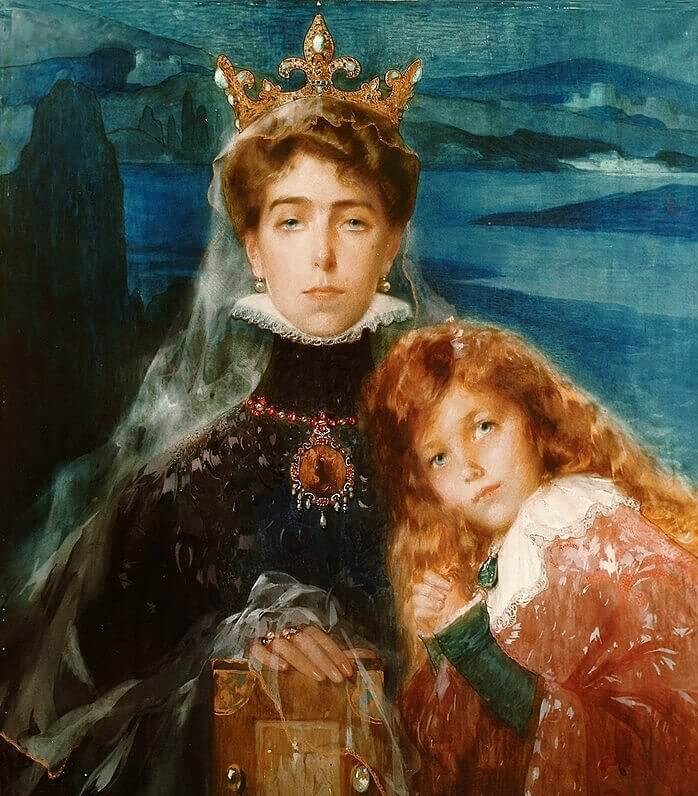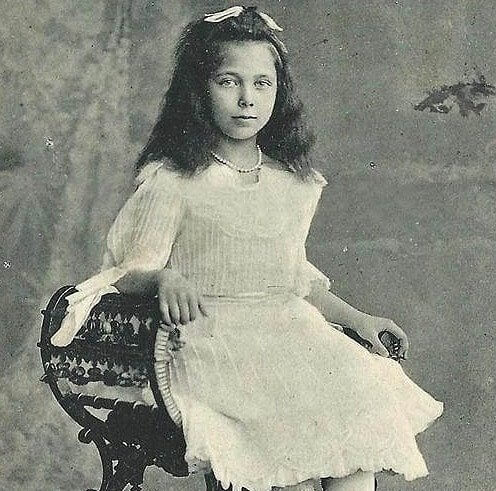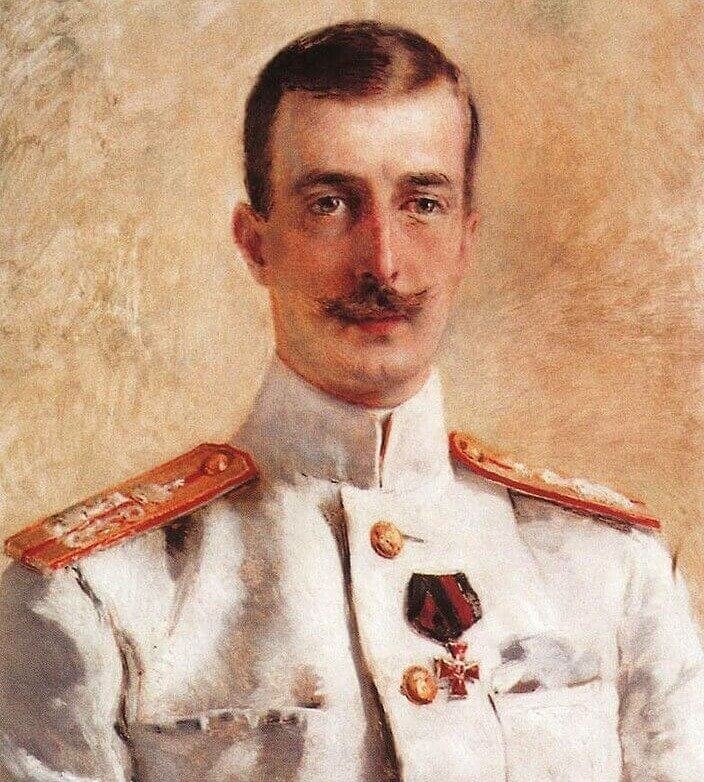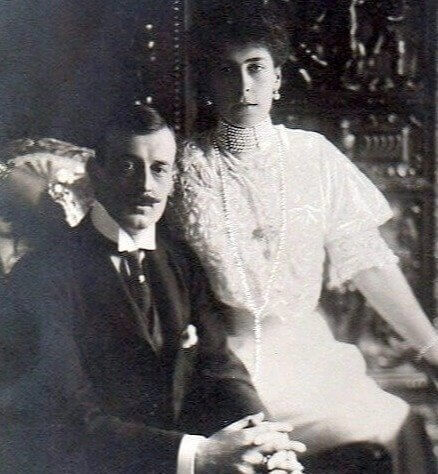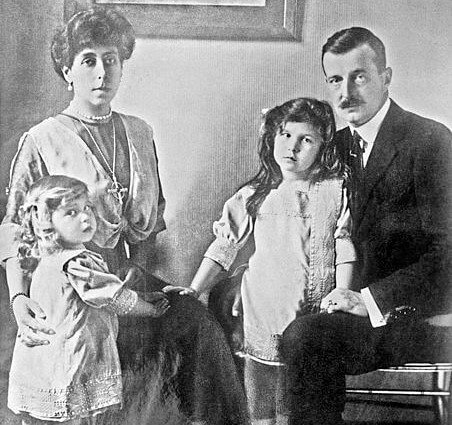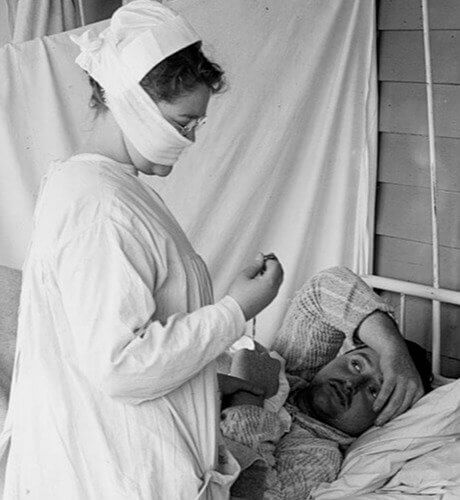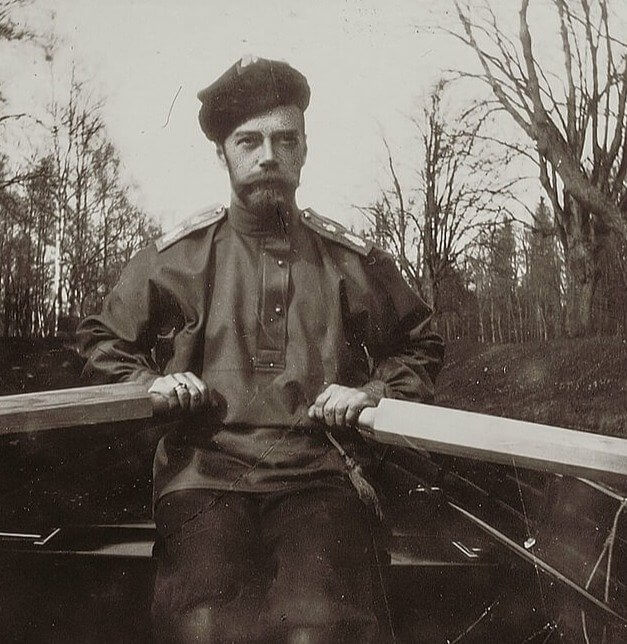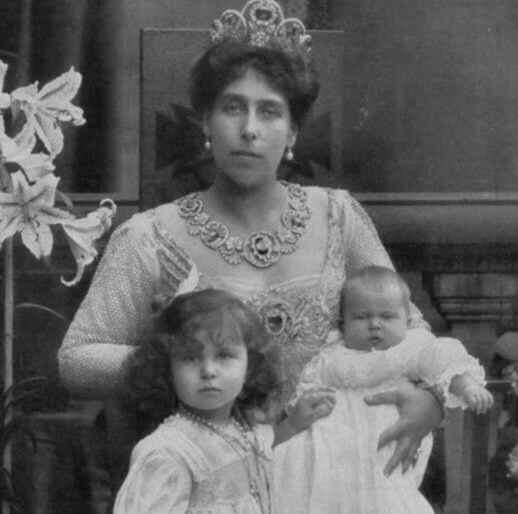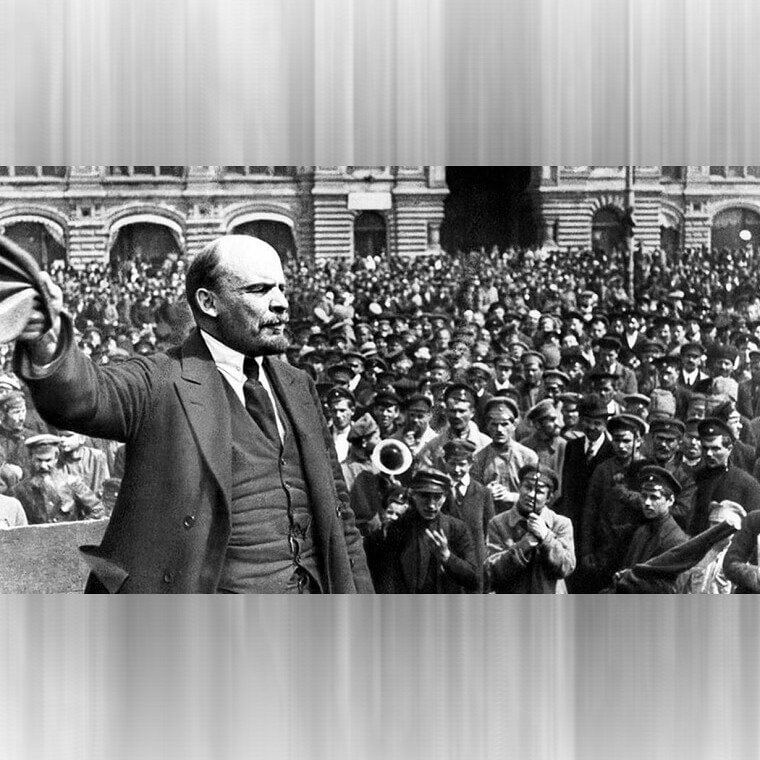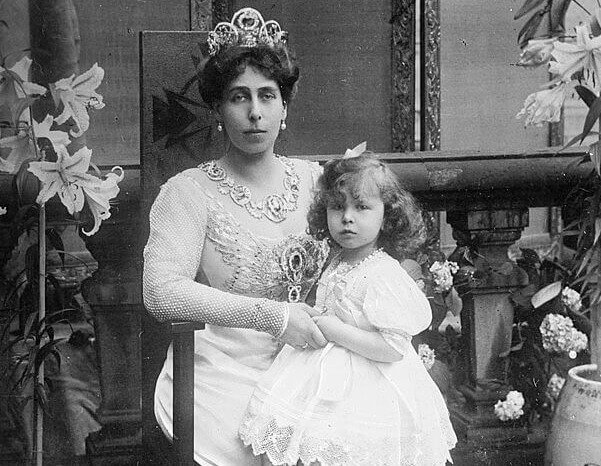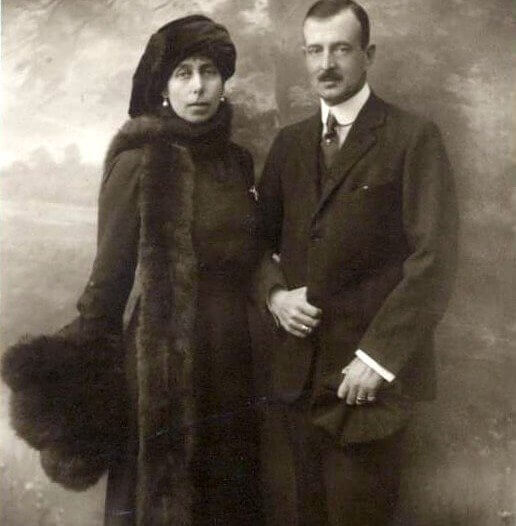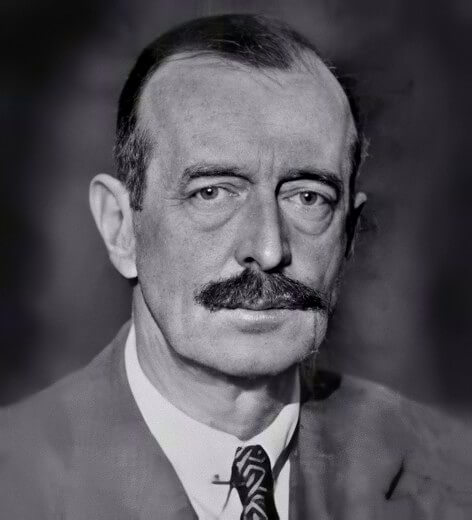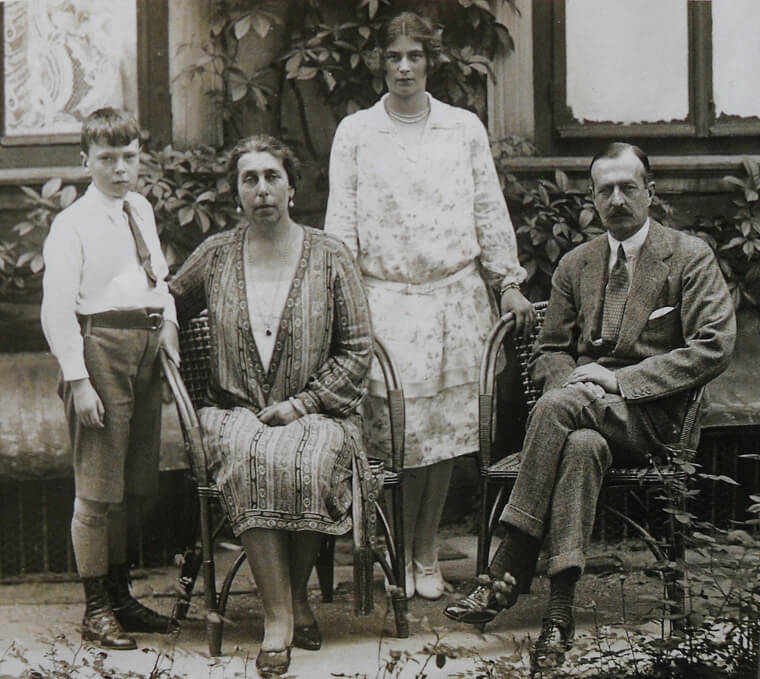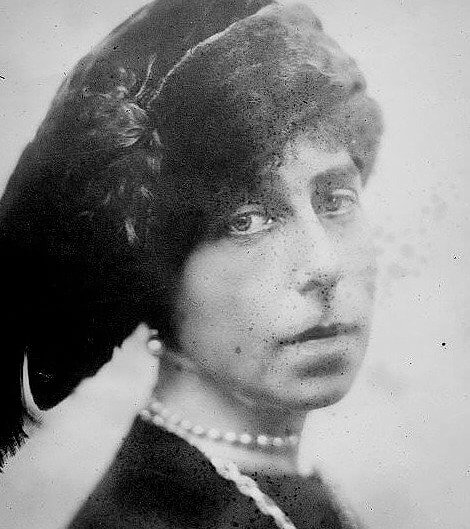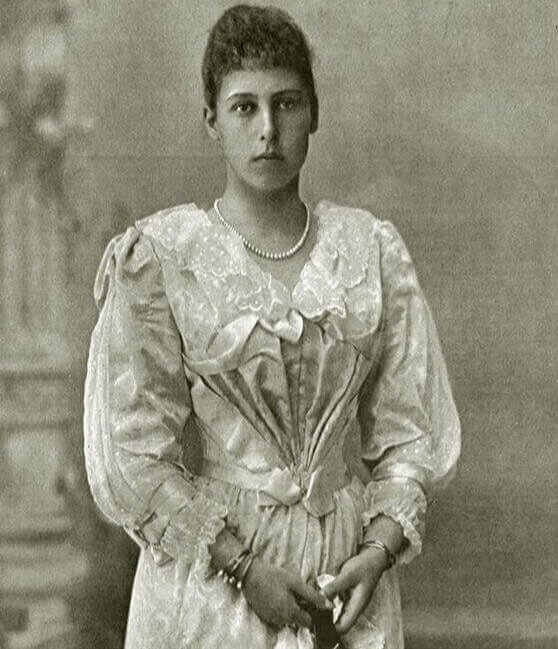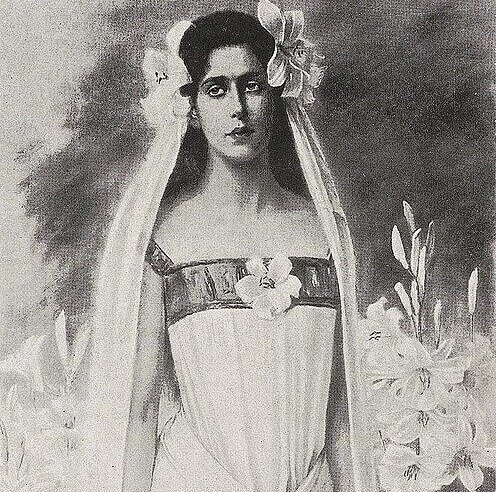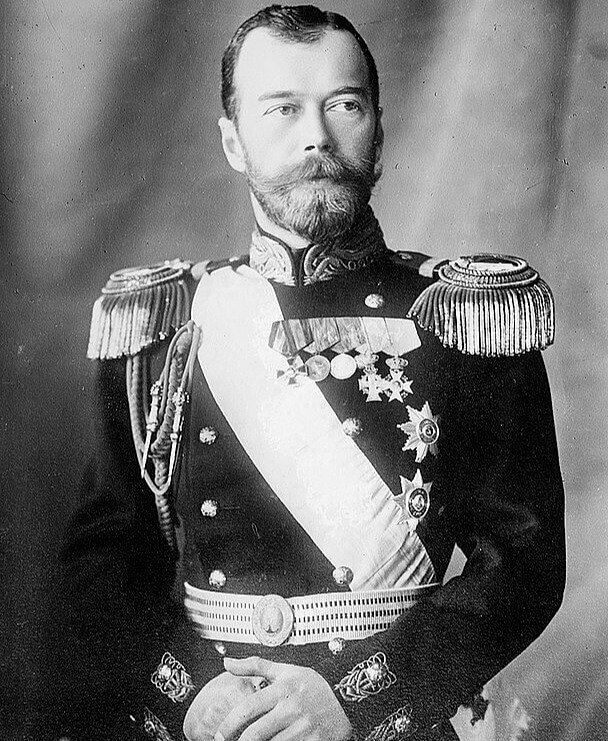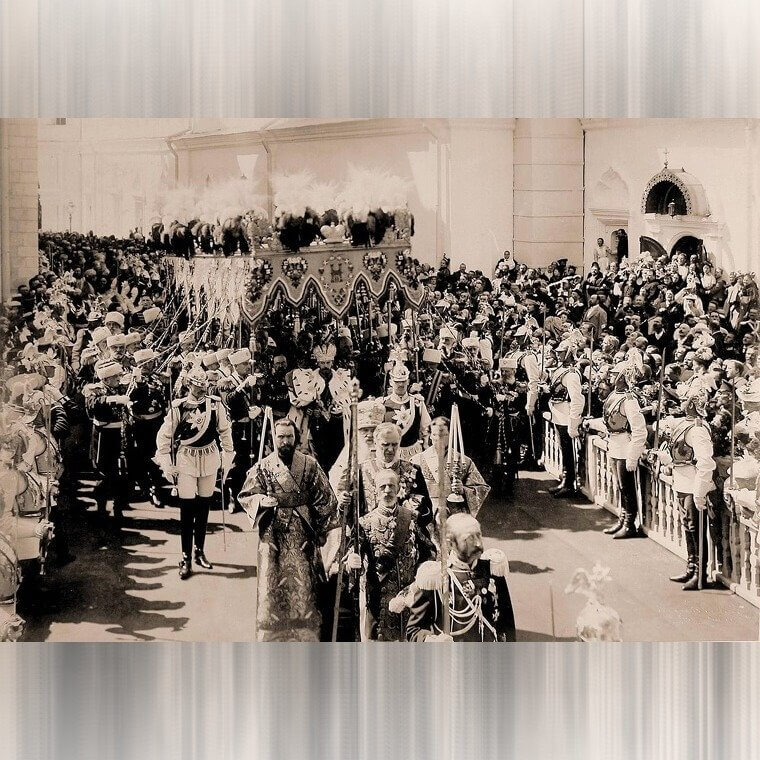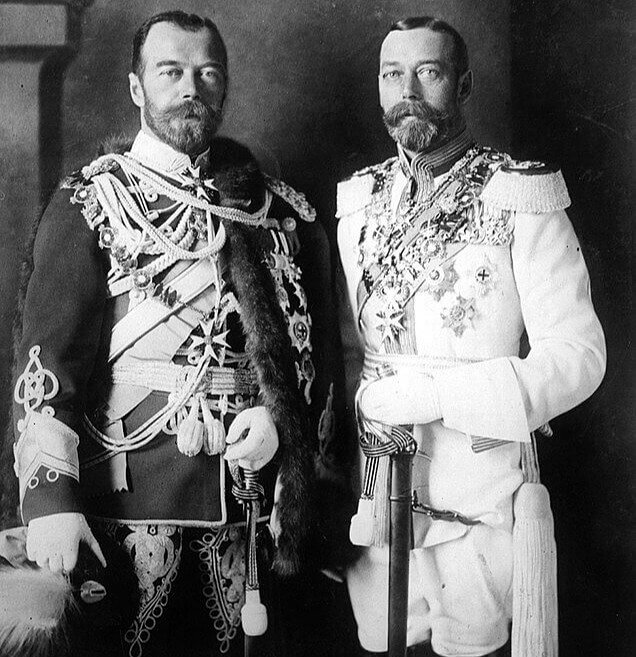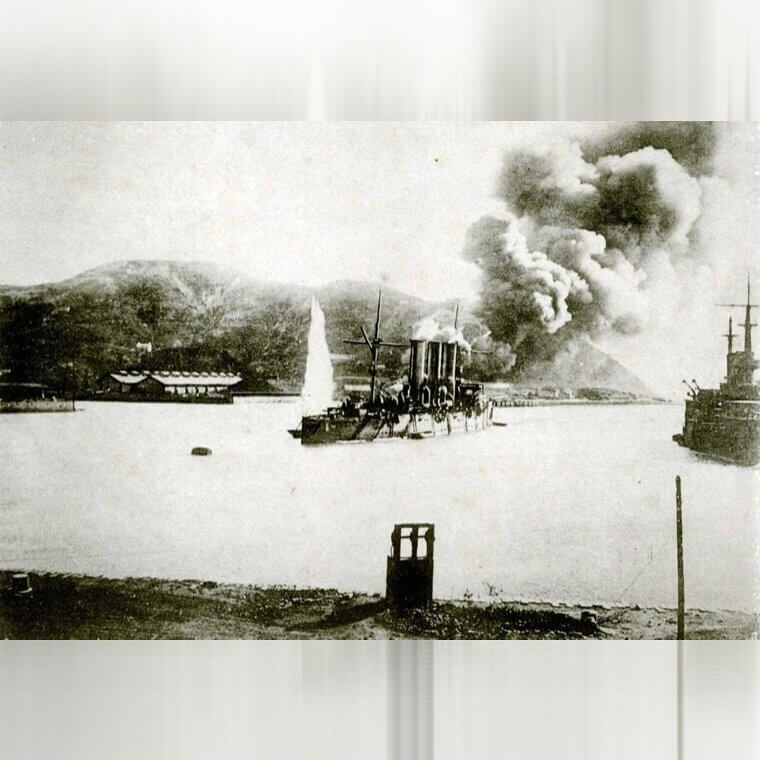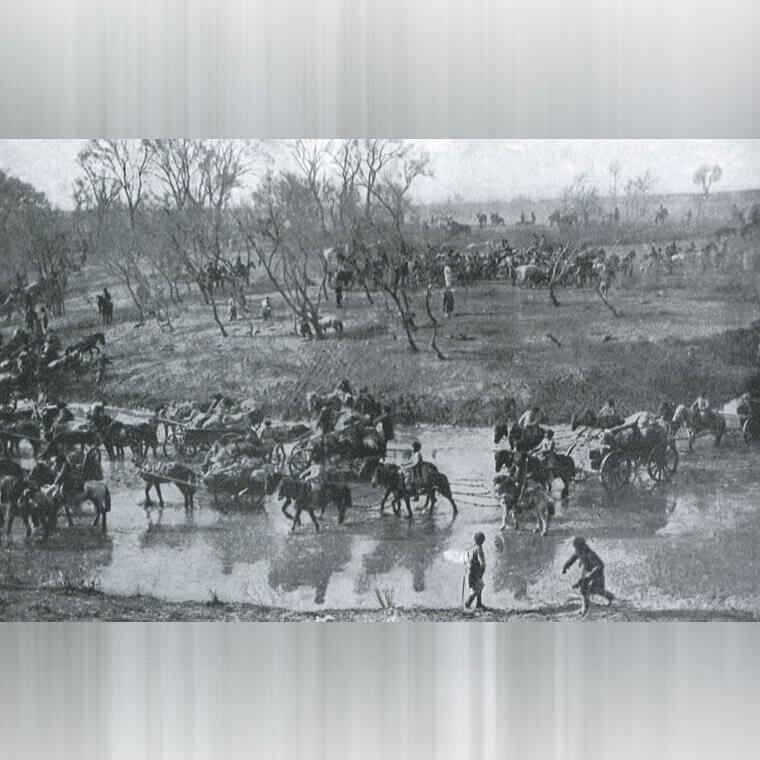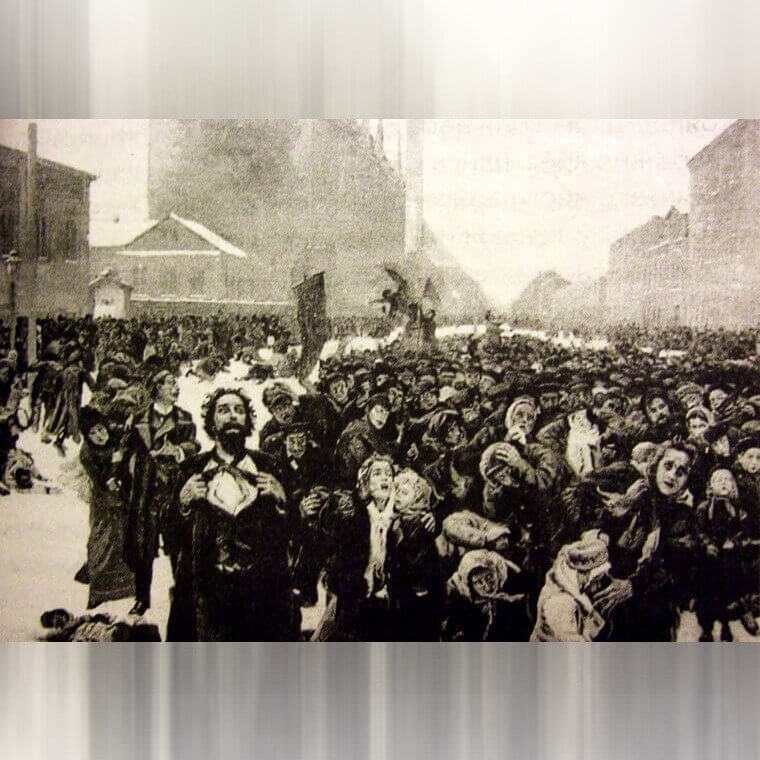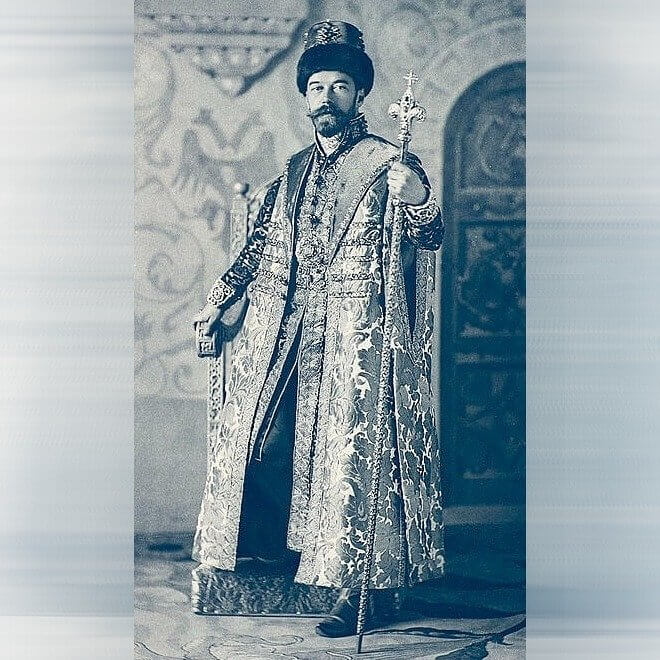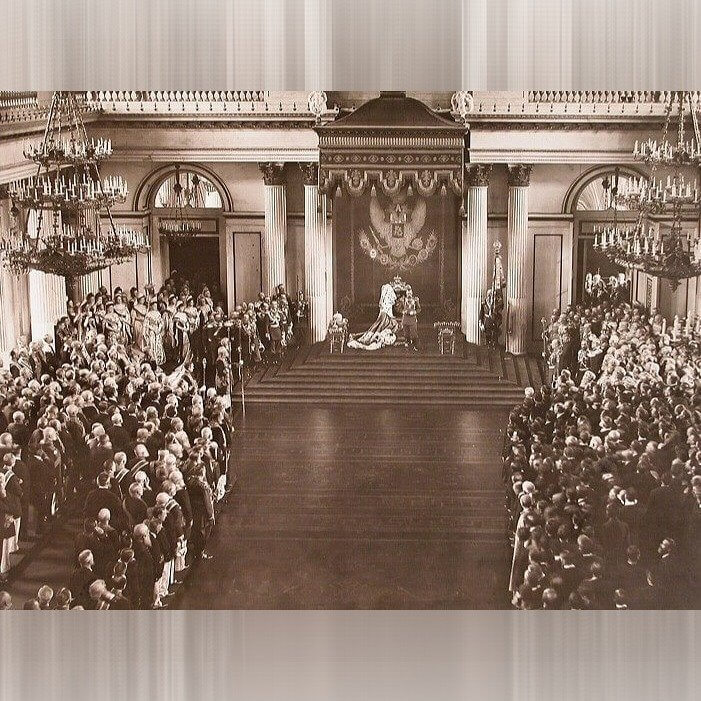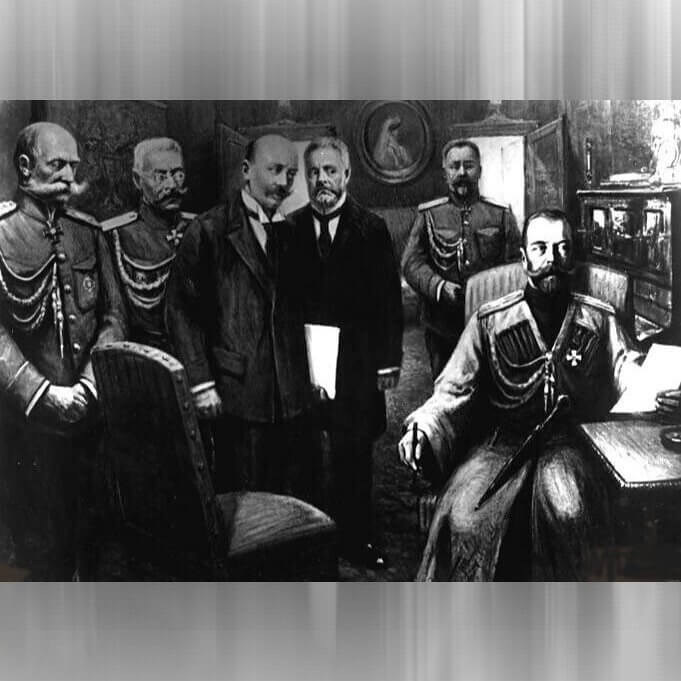Princess Victoria Melita Was Tenth in Line to the British Throne
Princess Victoria Melita was born on November 25th, 1876, in the grand San Anton Palace in Attard, Malta. She had an impressive royal heritage, being the daughter of Alfred, Duke of Saxe-Coburg and Gotha, and Grand Duchess Maria Alexandrovna of Russia. Her grandmother was Queen Victoria of England, and her mother's family had strong connections to Russian Tsar Alexander II, Emperor of Russia, King of Congress Poland, and Grand Duke of Finland.
One might think considering she was born into a family full of royalty, her life was destined for greatness. Little did Victoria know that her life was about to be drastically altered.
Teenage Princess Victoria Felt Isolated and Misunderstood
As a child, Princess Victoria enjoyed sketching, painting, and playing the piano. She had a close bond with her sister, but they differed greatly. Her sister was easygoing, while Victoria could be moody and temperamental, leading to misunderstandings. She was quickly labeled the troublemaker of the family. In 1889, the family moved to Bavaria, and Victoria hated it, with German royal customs being stricter than the British ones she was used to.
By the time she was 15, she had transformed into a tall, dark-haired girl with a tomboy style. But this wasn't ideal for a princess.
Forbidden Love Between Victoria and Grand Duke Cyril
In 1891, Princess Victoria attended a funeral in Russia, where she met her cousin, Grand Duke Cyril Vladimirovich, also known as Kirill. They instantly fell in love, but there was a problem – Russian Orthodox rules prohibited first cousins from marrying. Her mom tried to convince her that Cyril was not husband material, but Victoria was set on him. Despite being family, they proudly admitted their infatuation for each other.
To distract Victoria from Cyril, the royal family began searching for another suitable suitor, setting the stage for a complex love story filled with challenges and obligations.
Princess Victoria Finally Gets Married
In 1891, young Princess Victoria visited her grandmother, Queen Victoria, at Balmoral Castle. During her stay, she was introduced to Prince Ernest Louis of Hesse and by Rhine, who shared her interests and even her birthday despite being older. They seemed compatible, and the prospect of marrying was exciting for Victoria, but there was just one catch that could stop everything. It turns out Prince Ernest was also her cousin.
However, this time, Queen Victoria approved of their match since, unlike Russian customs, their Anglican faith allowed cousins to marry.
Victoria and Ernest's Marriage Was Doomed Because One Major Secret
Publicly, Princess Victoria and Prince Ernest Louis appeared devoted and in love after their surprise wedding. But people were skeptical because there was one significant detail lingering in the air. It was widely suspected that Ernest was attracted to men, so it was shocking when Princess Victoria announced her pregnancy just months into their marriage. In March 1895, their daughter, Elisabeth or Ella, was born. While everything seemed fine on the surface, the truth was far darker.
Victoria soon realized that Ernest didn't love her. She began to feel lonely in her own family, as Ernest would only spend time with their daughter, Ella, who became the center of his world.
She Threw Constant Parties to Distract Herself
How could Victoria distract herself from her loveless marriage? By partying, of course. She was the ultimate party host, throwing wild gatherings all over Europe that excluded anyone over thirty for being too old and reserved. Her lavish banquets and ballrooms were packed with avant-garde artists and pleasure-seekers who partied until dawn. But these festivities served as a temporary diversion from the real problem in her life that she couldn't avoid when the parties were over.
Beneath her lively exterior, Victoria seethed with suppressed anger, a ticking time bomb. She openly resented her royal duties, ignored relatives, and was in a cold marriage. But they couldn't keep their issues hidden forever.
Victoria's Turbulent Marriage and Rekindled Flame
Ernest and Victoria's marriage was marked by heated confrontations. Ernest repeatedly bothered his wife about her apathy and neglect of responsibilities, sparking bits of rage from Victoria. She'd unleash her passionate fury by screaming, throwing silver trays, and shattering priceless china. But in 1896, during her visit to Russia for Tsar Nicholas II's coronation, a ghost from her past, Grand Duke Cyril Vladimirovich, reappeared. They flirted openly the entire time.
People watched on, horrified, anticipating the start of an affair between the two. But it remained just flirting, and Victoria returned home, only to discover another dark secret about her marriage.
Betrayal and Affairs Ruined Her Marriage
In 1897, Victoria visited her sister in Romania, seeking respite from her troubled marriage to Ernest. However, her return to Darmstadt, Hesse, plunged her into a nightmarish reality. She caught her husband, Ernest, in bed with a male household servant, exposing a long-held, scandalous secret. It became apparent that his extramarital affairs had persisted for an extended period. She was heartbroken and humiliated but couldn't bear the thought of a failing relationship.
Victoria, trapped in a loveless marriage, had yearned for an escape, but she never thought it would end up like this. It was exposing a deeper shadow over her already tumultuous life.
Her Struggle to Save Her Failing Marriage
The distressing news was delivered to Queen Victoria, but the elderly monarch had a strong opinion about how to move forward. She was deeply troubled by her grandchildren's marital woes. Despite her distress, she adamantly denied Victoria's request for a divorce, primarily due to concerns about their daughter, Elisabeth. Victoria had no choice but to transform her loveless, shattered marriage with Ernest, who was secretly bisexual and promiscuous, into something worth staying for.
By 1900, they managed a fragile reconciliation, and Victoria became pregnant again. Hoping for a male heir to mend their shattered relationship, their dreams were cruelly crushed just weeks before the eagerly anticipated due date.
Victoria and Ernest Thought Another Baby Could Save Their Marriage
Tragedy struck as their baby boy was stillborn, plunging Victoria into mourning and sealing the fate of their crumbling marriage. Even Ernest, who had once rejected the idea of divorce, now recognized the impossibility of their situation, realizing that their shared existence was taking a toll on both. Only one formidable obstacle remained — Queen Victoria, the tyrannical monarch of the British Empire, the world's most powerful woman. As long as she lived, divorce remained unattainable.
Consequently, Victoria and Ernest led separate lives. Victoria sought solace in Monte Carlo, indulging in card games that spiraled into a gambling addiction. Until January 1901, Queen Victoria's 63-year rule ended with her passing, marking the start of a new era as her eldest son, Edward VII, assumed the throne.
She Was Heavily Criticized for Getting Divorced
With her final obstacle removed, Princess Victoria Melita wasted no time in seeking a divorce. Surprisingly, the Supreme Court of Hesse swiftly granted her request, and by the close of 1901, Victoria and Ernest were officially divorced. They were free, or so it seemed. While divorce was legally accepted within the Victorian/Edwardian aristocracy, it remained deeply stigmatized. Royal courts across Europe began to treat the ex-couple with disdain and directed blame at Victoria.
People began subjecting her to a harsh backlash, and it seemed she couldn't catch a break. The princess wasn't aware things could get so bad.
Revenge Was Coming for Victoria
When Victoria thought it couldn't get any worse, someone else was ready to unleash their wrath on her. After the divorce, an unexpected twist occurred when Ernest's sister, Alix, ascended to become Alexandra Feodorovna, Tsarina of all Russia, through her marriage to Tsar Nicholas II. Alexandra, deeply distressed by her brother's divorce and the insinuations surrounding his homosexuality, was appalled. The rift between Victoria and the Tsarina deepened, and Alexandra wanted to retaliate.
She made it her mission to seek retribution on behalf of her brother, casting a shadow of impending conflict and resentment.
Tsar Nicholas II Shamed Victoria for Her Divorce
The divorce followed Victoria around and cast a shadow of her as an irresponsible and unworthy woman to the rest of society. Divorce was heavily stigmatized, and she was no longer seen as a respectable person. Even so, when Tsar Nicholas II learned of Victoria's divorce, he expressed that he would have preferred death over "the general disgrace of a divorce." These were fighting words coming from a ruling man, and people took his word seriously.
But Victoria didn't know that this would make things disastrous for her. She was already cast away by royalty and the public's eye, so what could come next?
Their Mother-Daughter Relationship Was Struggling
Victoria couldn't escape the wrath of the people around her. Her own daughter would soon grow angry with her, too. Following the divorce, custody of her daughter was split up. Ella spent half the year with Victoria and the other half of the year with her father, Ernest. Rumors would have it that every time Ella returned to her mother, she would cry and throw fits, locking herself in her room.
Ella didn't feel connected to her mother and actively voiced how she felt loved by her father and how she preferred to be with Ernest. But if this wasn't enough to drive Victoria mad and into a depression, more was coming for her.
Elisabeth Was Taken From Her
Yet tragedy struck again in Victoria's life. In 1903, her daughter Elisabeth went on a trip to visit family and stayed with Tsar Nicholas II and Tsarina. Suddenly, she woke up very sick, and her health was rapidly declining. Historians theorized that she had either drunk poison or contaminated stream water. Doctors diagnosed her with typhoid fever, and by the time the telegram was sent to Victoria, little Elisabeth had passed away.
She was only eight years old when this happened, and it haunted Victoria. During Elisabeth's funeral, Victoria placed her Hessian Order medallion on the coffin, signifying her exhaustion from royal life.
Victoria's Long-Lost Love
It seemed that everything in Victoria's life went wrong. She wasn't allowed to marry her first love, Grand Duke Cyril Vladimirovich, got involved in a loveless marriage, cheated on, delivered a stillborn, divorced, and then buried her eight-year-old daughter. It was a life full of darkness, and Victoria was rightfully at a loss for how she could move on. With so much wrong, there was one thing she wanted to make right.
She rekindled her love with Cyril, and though everyone around them forbade a relationship between the two cousins, she pursued it relentlessly.
Married in Secrecy
The two were clearly still into each other, but Tsar Nicholas II and the Russian Orthodox Church disapproved of their relationship. They were forbidden from speaking to each other and discouraged from dating. But when the Russo-Japanese War broke out in 1904, Cyril was sent to fight. After having a near-death experience, his priorities changed, and everything was suddenly clear to him. He could no longer listen to the people around him.
One thing became clear to him: he had to pursue a relationship with Victoria. They secretly wed in 1905, but when the Tsar found out, they faced severe and scary consequences.
Cyril and Victoria Were Banished From Russia Forever
When the Tsar and Tsarina learned of the news, they were livid. They found it disturbing that Victoria and Cyril were married and decided to enact revenge. Cyril was stripped of his honors and removed from the Navy. His salary was taken away, and he was given two days to leave Russia forever. Alix even went as far as to deny Victoria's Grand Duchess title. The new couple was banished and spent their time in France and Germany.
Years later, after the couple had two children, the tsar had a change of heart. He granted them back their titles and allowed them to live in Russia once again.
Victoria Became a Nurse During WW1
Russia wasn't always a stable place to live, and in 1914, The Great War broke out. This resulted in the downfall of the Tsar and Tsarina. The nation was losing its respect for them, and therefore, their influence and control were seemingly diminishing. As WW1 plagued Europe, Victoria took up nursing. She worked as a Red Cross nurse and even frequently worked in Poland. Simultaneously, Cyril became Commander of the Naval Depot of the Guards.
While Victoria and Cyril were out helping people, the Tsar and Tsarina were utterly losing their grip on society, and soon enough, things would take a turn for the worse.
Tsar Nicholas II Was Forced to Step Down
Victoria worked behind the scenes to try and restore society's faith in the monarchy and not let it fail entirely. Victoria and Cyril met with different relatives in private to discuss how they could save the monarchy and consider getting rid of Tsar Nicholas II. There were even protests against the ruling family that Victoria supported, and a revolution spread. There were so many riots against him by 1917 that Tsar Nicholas II was forced to resign.
Hoping to restore faith in the monarchy, Cyril led his naval unit to support the new government, which was controversial.
They Fled the Country and Had Another Baby
Victoria and Cyril were in an awkward position, did they choose to go against their own family and be marked as traitors or abandon their values and the people? Angry mobs would surround their own palace because, after all, they were a part of the royal family. They felt their situation was getting dire and dangerous. After the Tsar officially resigned, Cyril and Victoria decided they had to flee and protect themselves.
It seemed their royal affiliations couldn't save them, and the couple narrowly escaped to Finland; within a few months, she gave birth to a baby boy.
Victoria Couldn't Afford to Feed Her Newborn
Cyril and Victoria's lives looked completely different in this new country they would call home. When they escaped, they couldn't take any valuables with them but had secretly sewn jewels into their clothing. However, life was hard in Finland, and they had to sell them immediately. This newfound situation they were in was like nothing they had ever experienced in their lives. They were now scared, refugees, and struggling to survive.
Victoria resorted to begging a fellow cousin to send her baby food. This new reality was scary, but if they had stayed in Russia, they would have been killed. They soon found out the Tsar and Tsarina and their kids were all murdered.
She Had Nothing to Live for Except Her Kids
Victoria had been through tragedy after tragedy in her short life, and it had taken its effect on her body and appearance. She met the British Minister in Finland, and he claimed he was shocked by her appearance. The past few years of darkness she led had weighed heavy on her, and the British Minister claimed he could see it on her. She allegedly looked aged and run down. But Victoria had no idea what would happen next.
She left with her family to Switzerland and reconnected with her mother, who had been living there. But after one year, her mom sadly passed away.
They Still Dreamt of the Day They Would Take Over the Throne
Since The Bolsheviks, led by Vladimir Lenin, had taken reign in Russia, the couple had not been back. Victoria and Cyril were carrying years of sadness and wished to channel this grief and anger into reinstating the Russian monarchy one day. This led them to a Nazi rally in 1922, apparently over the shared belief with the Nazi party that the Bolsheviks and socialism should not be ruling in Russia and must be removed.
Cyril declared himself next in line to take the throne, and this led Victoria into paranoia that the Bolsheviks would target them and kill them just like her cousins.
Betrayal and Affairs All Over Again
If all else in the world had failed her, she was happy to have her one true love and her kids. That was until Cyril's truth was finally revealed. Victoria discovered in 1933 that Cyril was taking frequent trips to Paris and having affairs with other women. Once this news broke to Victoria, she was crushed. All the pain she experienced seemed to flood back, and she was reminded of life's hardships once again.
For her children, she stayed with Cyril and kept quiet about the affairs. But she knew there was no happy fairytale ending for her.
They Never Lost Sight of Restoring the Monarchy
The couple never returned to Russia; instead, they spent their lives in exile around Europe. The majority of their lives were spent in France, and though they were together until they were old, she never looked at him the same again. It seemed history was repeating itself and she couldn't escape this pattern of bad marriages and lies. The one thing they still had in common was their kids and mutual belief they could eventually restore the monarchy.
Things seemed to dull out, and Victoria accepted the family and life she had. Until one day, her world would soon be abruptly stopped.
Her Life Was in Danger
In 1936, Victoria suddenly fell ill. While at first it was just a chill, she suffered a stroke and was in serious condition. While her sister rushed to her side to take care and comfort her, Victoria was still full of anger. She never could get past the pain and hurt from her husband Cyril's affairs. So when he came to see her, she was upset and didn't want him near.
Apparently, even in her sickly and weak state, when Cyril reached for her hand, she shuddered away and didn't want him to touch her. The pain of his cheating was still intense. But would she be stronger than her pain and beat this illness?
Filled With Regrets on Her Deathbed
Victoria led a life full of intense and unfortunate experiences. She carried that pain with her until the end. That fateful day came, and her illness took over; she passed away at only fifty-nine years old. Though many claim even in those last moments, she couldn't bear to look at her husband, despite Cyril refusing to leave the room. Her family watched as she said goodbye to a life of hardships.
The princess lived a sad life, but no one would've expected it to end this way. She also would've never guessed that Cyril would write memoirs about their relationship after her passing, claiming he was privileged to have a partner who was the best in soul, mind, and body.
Family, Loss, and Lost Thrones
Dressed in a white robe, the Princess was laid to rest in Coburg, Germany, surrounded by white lilacs. Her sister added this final touch to honor her memory. Around two years later, Cyril, her husband, also passed away. Their son, Vladimir, then took on the role of Grand Duke Vladimir Kirillovich of Russia, though it didn't really matter. Even their granddaughter tried to reclaim their place as rulers of Russia. But the throne was lost forever.
Years later, Princess Victoria Melita's remains were moved to St. Petersburg, reuniting her with Cyril and Vladimir, their son.
The Unraveling of Tsar Nicholas II
But what ever happened to Tsar Nicholas II before disaster hit him? Before facing his tragic downfall, Tsar Nicholas II's privileged upbringing in the opulent Alexander Palace set the stage for disaster. In contrast to seemingly virtuous rulers, his reign shattered the Romanovs' 300-year legacy. Born into excess and comfort, Nicholas's indulgent upbringing ultimately corrupted him and led to his failure as a ruler. And he had a dirty habit that he couldn't shake.
The European monarchies were so interconnected from seeking political alliances and protecting their bloodline, which led Nicholas to openly pursue a romantic fling with his cousin, Princess Victoria of the United Kingdom.
The Fatal Festivities of Nicholas's Coronation
His ruling started on a disturbing foot. In anticipation of Nicholas's coronation, the court organized an enormous celebration in Moscow, inviting the entire city with promises of free food, drinks, and gifts. However, what seemed like a joyous occasion turned into a full-blown crisis. The event had an expected 100,000 attendees, but as rumors spread about insufficient food, chaos erupted, transforming the crowd into a desperate mob, all fighting for a piece of whatever they could get their hands on.
The frenzy led to the tragic deaths of 1,389 people trampled in the stampede. This grim event foreshadowed the uncertainties that loomed over the nation.
Nicholas's Reign Was Already Tainted
After the tragic loss of 1,300 lives, Nicholas, oblivious to the public sentiment, attended an extravagant gala hosted by the French ambassador on the same fateful evening. While he aimed to avoid offending the ambassador, his actions appeared heartless to the grieving citizens. The sight of their ruler reveling in the aftermath of tragedy fueled dark rumors, signaling a growing unease among the people. However, his ruling had just begun.
Unfortunately, Nicholas, blinded by a belief in his divine right as Tsar, saw himself as powerful and didn't believe he was responsible for that night.
When Pride Leads to a Fall
Growing up surrounded by luxury and constant praise, Tsar Nicholas II believed he could do no wrong. This mindset proved disastrous when Russia went to war with Japan in 1904. Despite warnings about Japan's strength, Nicholas thought his sophisticated Russian army was unbeatable. Ignoring advice and blinded by arrogance, he faced embarrassing incompetence in the war. His belief in superiority based on race and status led to a major miscalculation, highlighting the dangers of unchecked pride.
This was yet another crucial moment that marked when the Tsar's overconfidence paved the way for a series of mistakes that would haunt his rule.
A Wake-Up Call for Tsar Nicholas II Was Needed
Even though Russia kept losing battles, Tsar Nicholas II thought they were still winning. It wasn't until the disaster at The Battle of Tsushima in May 1905 that he realized the truth. The Japanese lost only 113 men, but Russia lost 5,000, along with 14 ships. Despite this apparent defeat, Nicholas hesitated to surrender, needing advisors to beg him to do so. The Battle of Tsushima was a colossal disaster, but it was just the beginning.
Earlier in the same year, Bloody Sunday happened when workers, led by activist Georgy Gapon, marched to the Winter Palace with a petition on January 9, 1905.
The Sad Tale of Bloody Sunday
Georgy Gapon and workers, carrying flags and images of the Tsar, peacefully marched to the Winter Palace, singing hymns and pleading for Tsar Nicholas II's help. Shockingly, Nicholas's soldiers opened fire without provocation, far from the palace. As bullets tore through the crowd, cries of despair echoed: "The Tsar will not help us!" When the gunfire ceased, 92 innocent lives were lost, and many more suffered grave injuries in what was meant to be a peaceful march.
The global community was appalled by Bloody Sunday, once again giving the Russian empire a bad look.
Ignoring the Warning Signs
After the tragic events of Bloody Sunday, Nicholas II seemed saddened by the disturbances. However, his actions contradicted his words. Activist Gapon, who survived the incident, boldly accused Nicholas of being the cause of the Russian Empire's suffering. Gapon called for people to stand up against the Tsar, a plea that surprisingly gained traction. Despite the growing danger, Nicholas dismissed the warnings, even ignoring a desperate letter from Sergei Witte, his father's trusted advisor.
This refusal to listen to wise counsel set the stage for more problems, as the Tsar's actions failed to address the seriousness of the situation.
Nicholas II's Rollercoaster of Decisions
As problems piled up, Nicholas II's unusual solution was to turn Russia into a dictatorship. Imagine the shock of his advisors! Unable to get through to the Tsar, Nicholas's uncle, Nicholas the Tall, resorted to a drastic move. Threatening to shoot himself unless the Tsar signed the October Manifesto, limiting his power, the uncle succeeded. But things didn't magically get better. In fact, they only continued to worsen time and time again.
Nicholas made matters worse by inviting a mysterious person into the Court that no one knew. This marked another erratic decision in Nicholas's tumultuous reign, creating a rollercoaster of ups and downs.
The Fall of the Tsar Nicholas II and His Resignation
Eventually, his mistakes would catch up with him. By March 1917, he had lost the loyalty of his troops. When he ordered them to fire at civilians, they defiantly shot into the air, signaling their refusal. A mutiny of 60,000 guards erupted in Saint Petersburg the next day, sparking the revolution. To stabilize the chaos, the Duma established a Provisional Government with the immediate demand for Nicholas's resignation. It was a time marked by turmoil and uncertainties.
Nicholas lacked support, and rebels had captured his family, so on March 15, 1917, Tsar Nicholas II reluctantly resigned, marking the end of over 300 years of Romanov rule.
